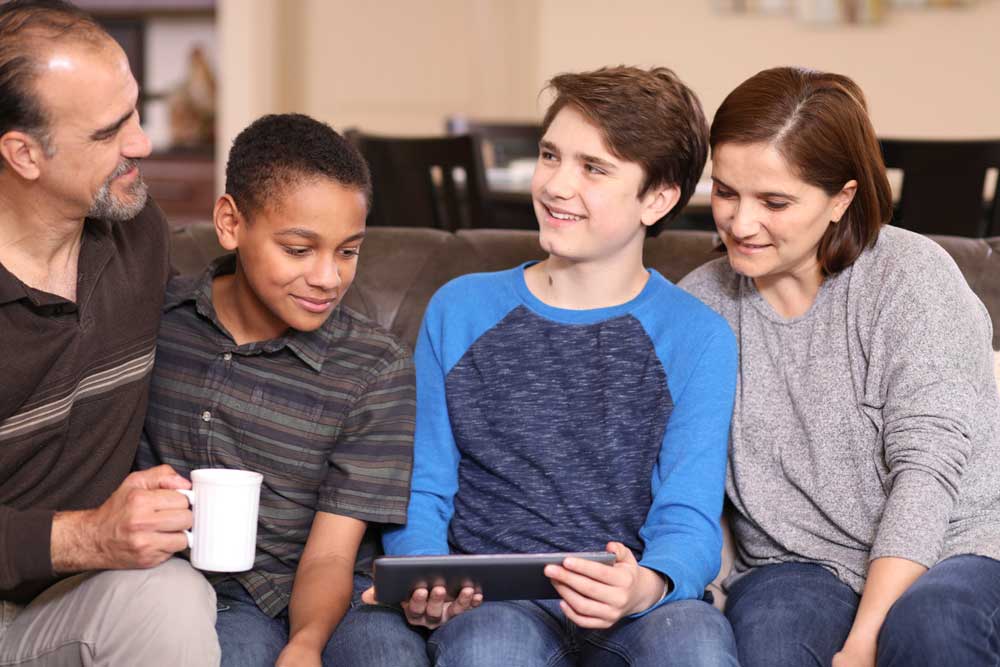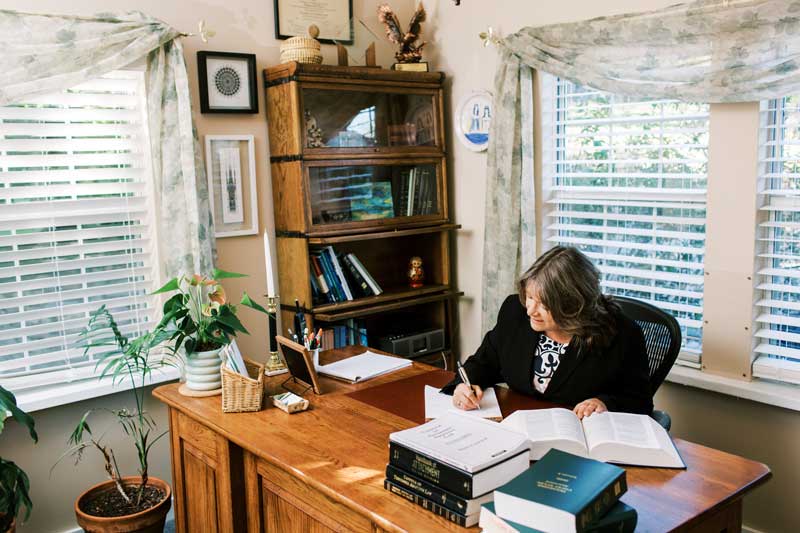Court Ordered Placements
More and more families call Dawn with children placed in their home by courts, usually juvenile courts. For many of these families, the Department of Children’s Services was initially involved, but never took custody of the child. For others, DCS took custody, but when the case stalled, they gave custody to the foster parents or relative care-givers and closed the DCS file. A few families receive custody from a court when DCS had no involvement at all. The birth family just saw the need for an alternate care-giver and a family member or family friend petitioned the court for custody.
The Adoption Process for Court Ordered Placements
If you are a custodian of a child under a court order, that is a serious responsibility. You should have, understand, and follow all current court orders regarding custody, visitation and support of the child. If the orders are no longer workable, you should consult an attorney about having them changed. Court orders don’t change unless someone, usually the custodian or birth parent, asks the court to consider a change.
When a court gives custody to a private individual or couple, the cases have a few things in common.
- There is no DCS social worker to help the custodian or the birth parents or the child.
- There is no DCS attorney to pursue termination of parental rights for the custodians if they want to adopt.
If you want to adopt the child, you must hire a private attorney to:
- assess the likelihood of a consent or a contest.
- determine whether there are grounds to proceed if the birth parent won’t consent.
- file a lawsuit against the birth parents on your behalf, assuming that you have grounds for termination of parental rights and want to proceed. Then you must find the birth parents to serve with a copy of the lawsuit.
- gather the evidence to prove grounds as to each birth parent and to prove the best interest of the child.
- present your evidence to a court.
This process can take from 3 months to 2-3 years. The case can cost about $3000 to $30,000 or more in attorney fees. The low end of the time and costs ranges are usually when the birth parents agree or are served and don’t show up for court.
This explains why some foster parent custodians don’t want DCS to give them custody and close the case. They would rather DCS stay in the case and take these legal steps for them. Adoption Assistance is often available when the child is adopted directly from the guardianship of DCS, but generally not available if DCS is not the guardian at the time of adoption.
Most custodians don’t understand these financial implications when they take custody of a child. The result is a number of Tennessee families with custody of children whose support needs they were prepared for, but whose costs for legal permanence they did not expect.
But other custodians are so glad to have the state out of their family life that they are glad to control the case and cover the expenses themselves.
Court appointed custodians often find it useful to have a meeting with Dawn to better understand their legal positions and options. Whether or not the custodians decide to take immediate action, understanding the legal implications of the custodians and the birth parents’ decisions can reduce the custodian’s stress and help them plan.
Department of Children’s Services Information Regarding Placement Options and Relative Caregivers:
Dawn is Ready to Help with Your Court-Ordered Placement
For over 30 years, Dawn has been an adoption and child-welfare advocate nationally and in Tennessee. She knows where the system is working and the places that it is not. She offers her frank assessment to policymakers (Public Outcry), and sometimes they listen. She has drafted and passed many child-welfare bills in the Tennessee Legislature, founded, encouraged and supported advocacy organizations, educated lawyers and judges on good practice, and pointed out places that we can do better for our children, openly and behind the scenes at every opportunity. To see what Dawn has been up to recently visit her Legislative Blog.
Dawn represents families in most types of adoption and termination of parental rights cases. She also frequently consults with foster parents. Her time is increasingly dominated by writing, training, consulting, and meditating, so she can’t take every case with merit. She continues to take almost all uncontested adoptions, like agency and DCS cases and relative adoptions with consent or where the other party is unlikely to contest. Even when she can’t take a case, a consultation permits Dawn to share her experience about whether it is the right time to file a case, and if so, exactly what and where to file, and to create a litigation plan. She even suggests possible lawyers to complete the case.
If a termination of parental rights case is already underway, Dawn can also consult with one party or mediate for all parties but of course, not both.
If you want to talk with Dawn about your case: please contact Angela Newsome, paralegal, for information on Dawn’s availability and to schedule an appointment.

